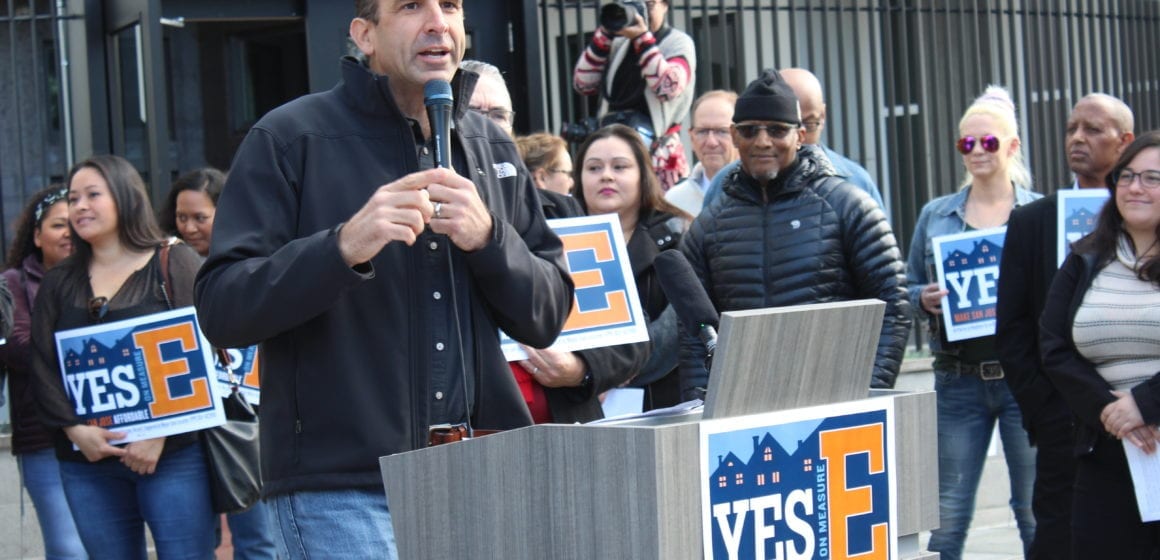In a San José Spotlight op-ed published on Jan. 16, Pat Waite argued that Measure E — a property transfer tax on properties worth over $2 million which is slated for the March ballot — represented a money-grab by the city that would fail to deliver on its promises of increasing the city’s capability to finance affordable housing projects.
However, the arguments upon which Mr. Waite rests his case are flimsy at best.
He first claims that financing affordable housing is “not one of San Jose’s core service mandates,” and that the City Council still needs to work on improving services which were cut during the Great Recession. However, San Jose has already committed to the improvement of general services with the passing of Measure T and has boosted the size and budget of the Police Department after austerity measures stemming from the Great Recession gutted the force. San Jose is more than within its mandate to pass a property transfer tax.
Mr. Waite also expresses concern that the funds from Measure E would go into the general fund, where “they can be used for any purpose” — a decision that was made in order to allow the measure to pass with a simple majority.
However, the City Council has taken steps to ensure a high level of accountability for Measure E funds. In order to divert Measure E funds, the City Council would have to provide the public with a 60-day notice and hold at least two public hearings, while a citizens’ oversight committee would closely monitor expenditures. Measure E money would also be placed in a separate sub-fund of the general fund to allow for closer monitoring of expenditures. While concerns over a potential “black hole” are justified, the council’s actions to ensure transparency should be sufficient to earn the trust of voters.
Since the collapse of the San Jose Redevelopment Agency in 2012, San Jose has struggled to finance affordable housing.This lack of stable revenue is part of the reason why the city is falling behind on the mayor’s goal of creating 10,000 new affordable units. Part of the reason for this is the fact that previous attempts to finance affordable housing, such as the inclusionary housing ordinance, are riddled with exemptions that have cost the city over $139 million in revenue ear-marked for affordable housing.
The $70 million which would be provided to the city for an array of programs ranging from supportive housing to homelessness prevention to affordable housing would be a valuable addition to the efforts of the region — and state — to tackle a housing crisis which has captured the attention of the nation.
Thirty-five percent of funds will be dedicated to financing affordable units, and will help make commitments, such as San Jose’s recent plan to spend over $100 million to create over 1,000 affordable units more commonplace.
The city seems to have learned its lesson from the failures of Measure V last year. Measure E would not be a regressive tax, as it would only apply to properties worth over $2 million. Measure E provides a smart way to make our city more inclusive. Let’s make it happen.
Abhinav Ganesh is a San Jose student and environmental and housing advocate.



Leave a Reply
You must be logged in to post a comment.